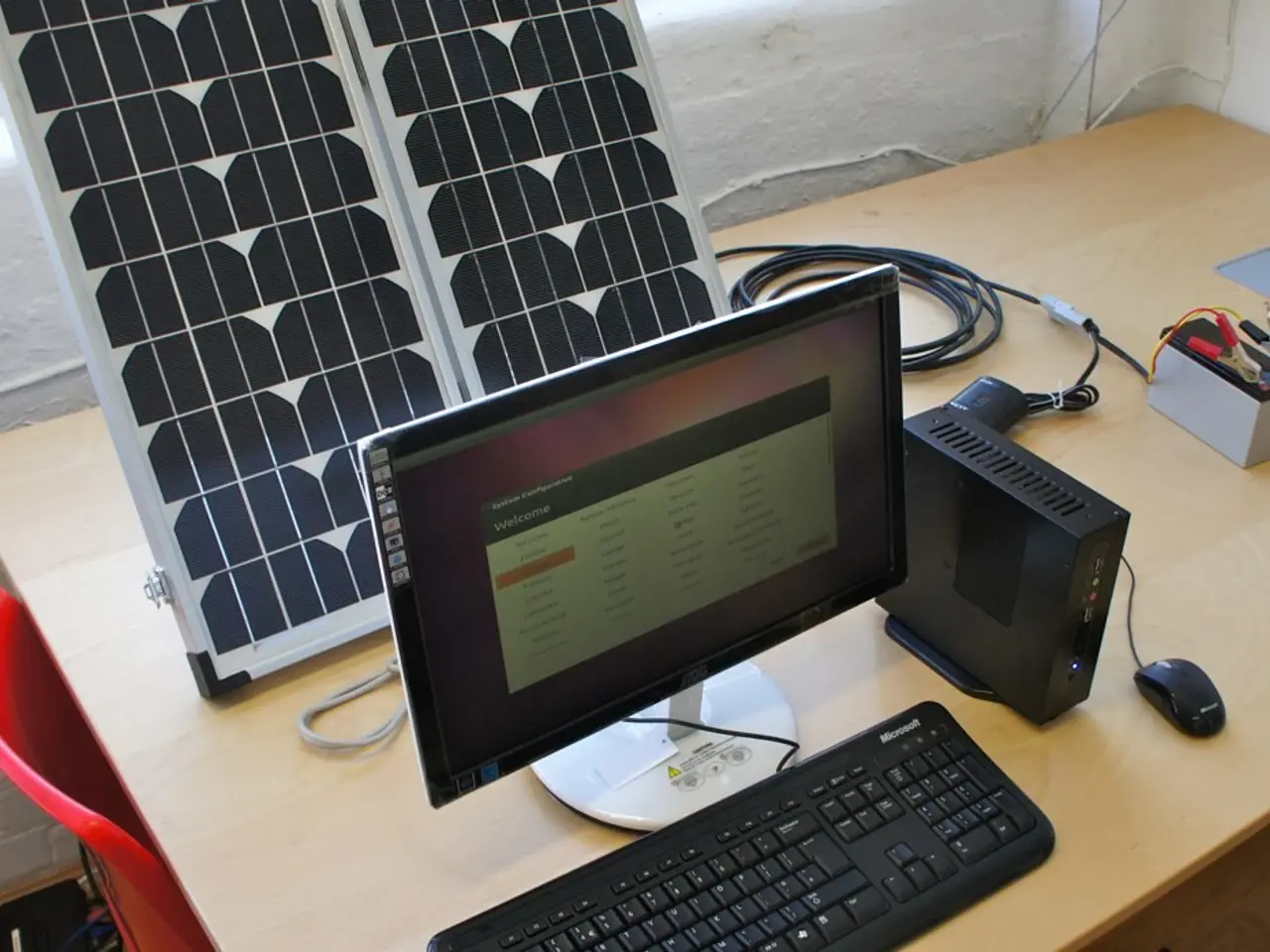PLAN-B NET ZERO AG Unveils AI-Driven Energy Hubs for DACH Grid Resilience
PLAN-B NET ZERO AG, led by CEO Bradley Mundt, has presented an innovative concept to bolster energy resilience in Germany, Austria, and Switzerland (DACH region). The solution combines Battery Energy Storage Systems (BESS), green hydrogen, and artificial intelligence (AI) to stabilise power grids facing operational limits.
Power grids in the DACH region are grappling with increasing volatility, slow grid expansion, and weather extremes. To address these challenges, PLAN-B NET ZERO is developing regional energy hubs that integrate photovoltaic generation, battery storage, and electrolyzers. These hubs are coordinated by AI-driven energy management systems.
The concept leverages batteries for short-term balancing and hydrogen for seasonal energy storage. This dual approach ensures real-time balancing of generation, storage, and consumption. PLAN-B NET ZERO views BESS and hydrogen as complementary technologies for a resilient energy system.
Currently, PLAN-B NET ZERO is developing a pipeline of approximately 1.3 GWh of stand-alone BESS projects. The company is also evaluating the potential coupling of these projects with hydrogen systems.
PLAN-B NET ZERO AG and its subsidiary PLAN-B NET ZERO BESS GmbH have presented a pioneering concept at the D-A-CH Hydrogen Symposium. By combining BESS, green hydrogen, and AI, the company aims to stabilise power grids and strengthen supply security in the DACH region. The development of stand-alone BESS projects, with potential coupling to hydrogen systems, underscores the company's commitment to a resilient energy future.
Read also:
- Industrial robots in China are being installed at a faster rate than in both the United States and the European Union, as the global market for these robots faces a downturn.
- Galvanize Unveils $1.3 Billion Plan to Fund the Energy Sector's Evolution Pathway
- EAFO Research Uncovers Crucial Elements in Electric Vehicle Adoption within the EU
- Zeppelin's Fuel Cell Unit Powers 'Sandstedter Sommer' Festival








